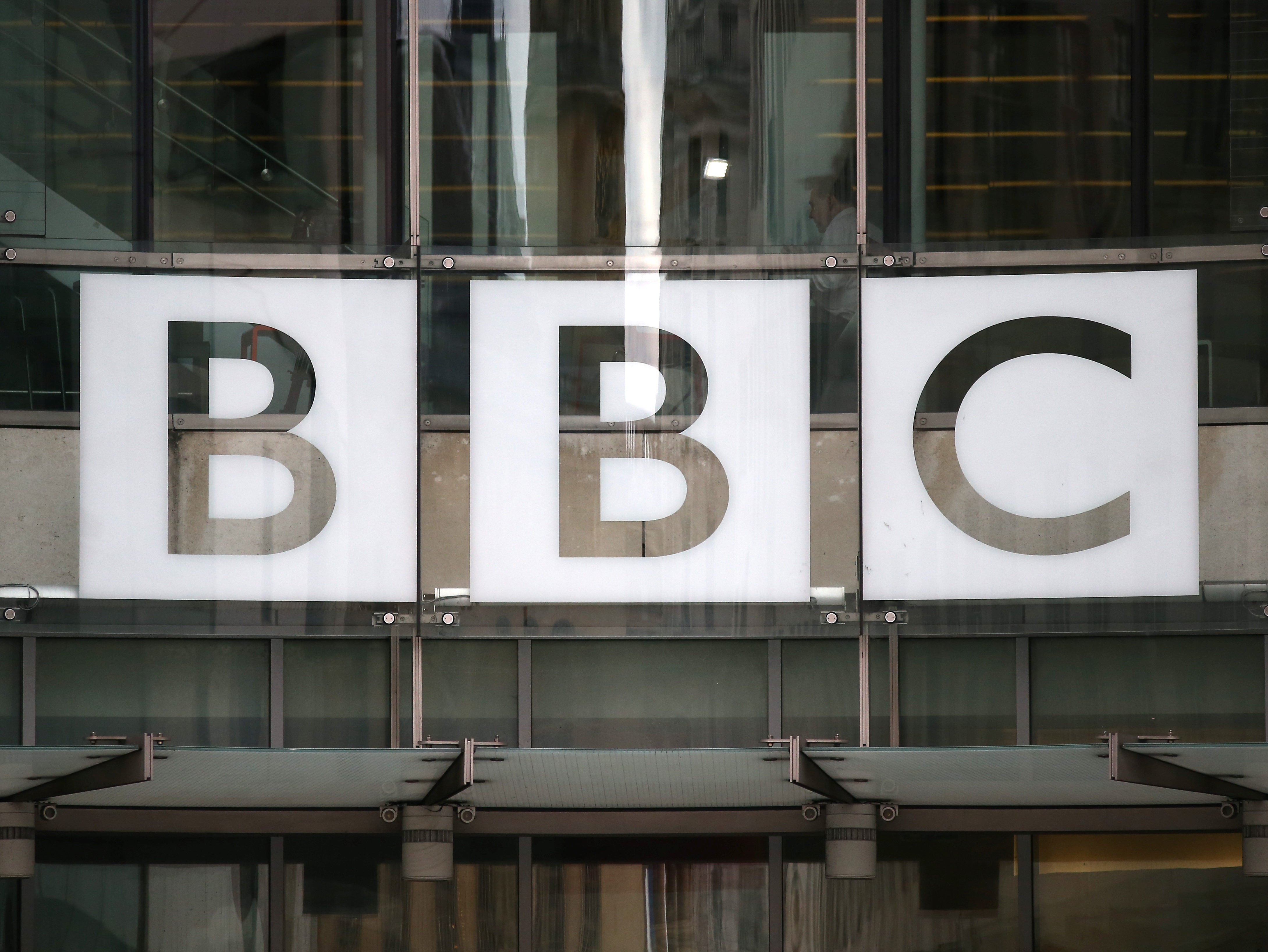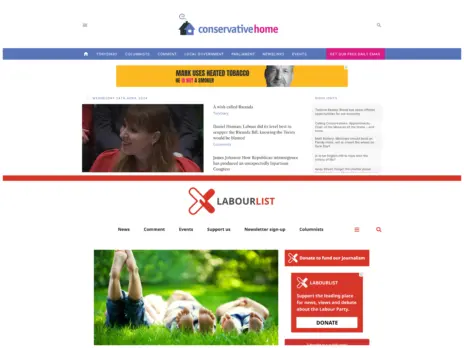
The Equality and Human Rights Commission has launched an investigation into the BBC, saying it suspects that “some women at the organisation have not received equal pay for equal work”.
The probe will look into suspected past pay discrimination at the BBC, an allegation that has plagued the corporation since it first published the salaries of top-earning on-air talent in July 2017.
The BBC has said it welcomes the investigation and that past criticism of its pay culture had been “very fair as change was overdue” but it had since “gone through a period of significant reform”.
It said it was “profoundly sorry” for historical equal pay issues, but added: “We believe our pay structures are now fair, transparent to staff and stand very positive comparison with other organisations.”
BBC Women, a group of more than 400 BBC staff including broadcasters, producers and technicians, said in a statement that some pay grievances are still unresolved after two years and new complaints are made every week.
In the most high-profile BBC pay dispute, ex-China editor Carrie Gracie accused it of operating a “secret and illegal” pay culture and resigned in protest after discovering she was paid less than other international editors who were men, despite having asked for equal terms.
She told MPs on the Digital, Culture, Media and Sport Select Committee, which held an inquiry into BBC pay last year, that the BBC’s unwillingness to acknowledge its “equal pay problem” has forced it to “belittle” contributions by women for decades.
In their report on BBC pay, published in October, the committee demanded an end the “culture of invidious, opaque decision-making” over pay that it said has led to a “crisis of trust” among staff.
The BBC has since apologised to Gracie and admitted she was underpaid.
Other top-earning female journalists known to have taken up pay issues with the BBC include Newsnight’s Emily Maitlis and Politics Live presenter Jo Coburn.
The EHRC, Britain’s national equality body, said it had been in talks with the BBC about staff pay for the past year following complaints that female employees “were not being paid equally with men”.
It said the BBC had given it “a large amount of information” about its pay policies and programmes of reform, including changes to terms and conditions and pay practices.
“Having reviewed all of the information received to date, the EHRC suspects that some women at the organisation have not received equal pay for equal work,” the body said in a statement today.
It is using its powers under the Equality Act to open the investigation “which will relate to the BBC’s historic policy and pay practices”, it said.
The investigation will examine formal and informal pay grievances raised with the BBC by staff “to determine if there has been unlawful pay discrimination and whether grievances have been adequately resolved”.
Rebecca Hilsenrath, EHRC chief executive, said: “Paying men and women the same salary for the same job has been a legal requirement for almost 50 years.
“Every organisation should know we are fully committed to ensuring employers comply with equal pay law. Employers today should be doing as much as they can do to ensure all their staff enjoy a working environment that allows them to achieve their full potential.”
A BBC staff member told Press Gazette: “Even when there was clear evidence that women were suffering from inequality the BBC was denying it – and none of that has changed.
“The BBC might resolve individual cases, working through them piecemeal, but it will not admit that it has an equal pay problem.”
BBC Women said in a statement that it welcomed the EHRC investigation.
The group said: “There are still hundreds of women trapped in prolonged equal pay grievances with little sign of resolution in line with equality law. Some grievances are still unresolved after two years. New complaints are lodged every week.
“HR appears to have a policy never to use the words ‘equal pay’, or apply the legal framework for assessing claims. We believe only a small number of cases have been settled, typically on the brink of legal action or going public.
“Even then the BBC is extremely reluctant to admit to any sex discrimination. There is still a very long way for the BBC to go.”
A BBC spokesperson said: “Given the public focus on this important issue we understand why the Equalities and Human Rights Commission is looking for assurance on equal pay and we welcome it. It is a logical time to do this as we have gone through a period of significant reform.
“We are confident that the BBC can provide that assurance and indeed go beyond and demonstrate our commitment to be a model for others to follow in this area as a result of our reform programme, although of course we will learn any lessons from the EHRC’s work as we continue to deliver change.
“The EHRC’s terms of reference acknowledge the programme of reforms the BBC has been undertaking. If they had worked with us prior to our reforms, they would have found a very different organisation.
“Some of the criticism levelled at us over this period was very fair as change was overdue. We believe our pay structures are now fair, transparent to staff and stand very positive comparison with other organisations.
“Over the past two years we have actively encouraged people to come forward with questions over their pay. Many of these have been routine queries, and we have now resolved more than 85 per cent of them.
“We also commissioned independent reviews which did not find systemic issues of pay discrimination but, along with work we’d already been doing, identified improvements to our pay structures which we have been making.
“As we have already acknowledged, we have some historic equal pay cases. We are profoundly sorry for this.
“We regret the time it has taken to resolve all of the questions, but some of these are complex and have not been straightforward to resolve. We are determined to make progress on the remaining ones.”
DCMS Committee chairman Damian Collins, who led the BBC pay inquiry, said: “I am pleased that the Equality and Human Rights Commission will now be investigating the matter of equal pay at the BBC.
“The select committee set out its concerns in our recent report on the BBC that they had failed in their obligations to ensure that men and women were being paid equally for work of equal value.
“Having taken evidence from many women at the BBC, the Committee is also concerned that there remain a number of outstanding grievance cases with no clear end date in sight for their resolution.
“It is right that the EHRC will not just be reviewing whether there were discriminatory pay policies at the BBC, but also the effectiveness of the system for grievances to be heard fairly.
“This has clearly been a very distressing time for many BBC employees, and we would all like to see these matters brought to a successful conclusion.”
Picture: Reuters/Neil Hall
Email pged@pressgazette.co.uk to point out mistakes, provide story tips or send in a letter for publication on our "Letters Page" blog






